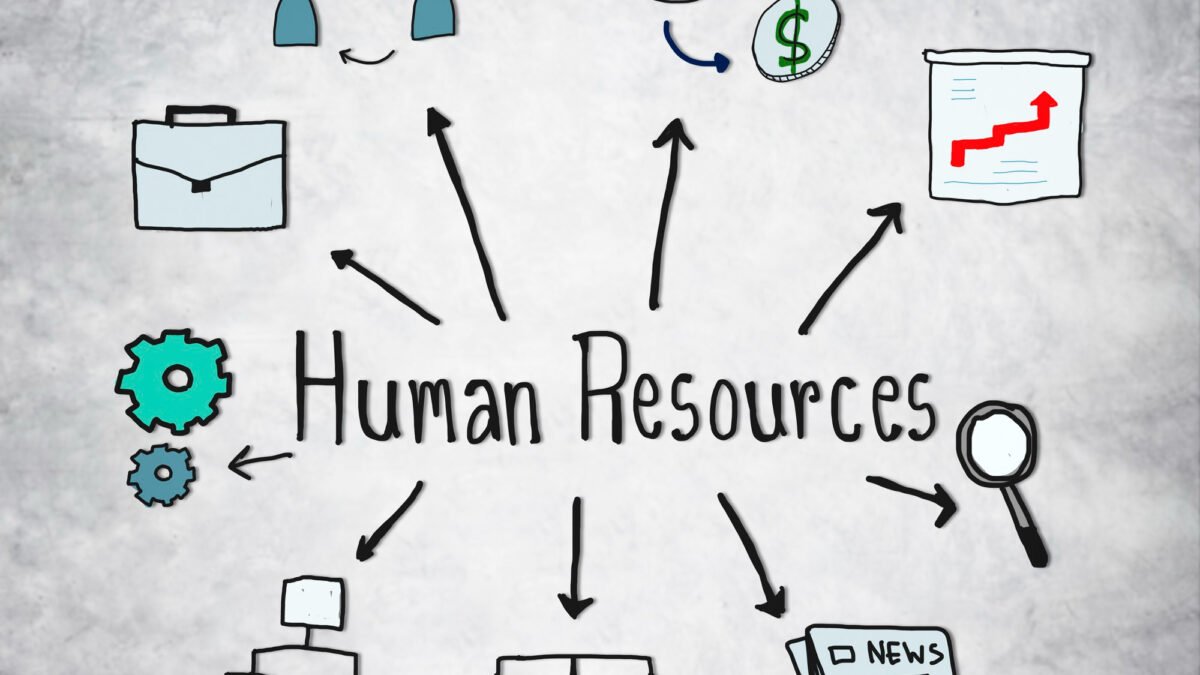Disclosure: Small Business Philippines strives to provide relevant and accurate information in all its articles. However, some information in our articles may differ or might be outdated from what you can see or read directly from the establishments’ or businesses’ websites. Please get in touch with us directly for any discrepancies.
Effective HR skills assessment is the cornerstone of a thriving organization. By accurately evaluating the skills, abilities, and potential of your workforce, you can make informed decisions about hiring, training, and development. This ensures that the right people are in the right roles, leading to increased productivity, reduced turnover, and overall better organizational performance.
When to Conduct HR Skills Assessment?
Timing is crucial when it comes to HR skills assessment. Regular assessments can be conducted during various stages of the employee lifecycle, such as during the hiring process, for performance evaluations, or when considering employees for promotions or career development opportunities. By conducting assessments at strategic points, you can gather relevant data and make well-timed decisions to drive your business forward.
Where to Conduct HR Skills Assessment?
HR skills assessment can take place through different methods and venues. Whether it’s through traditional in-person evaluations, online assessments, or performance-based evaluations, you have the flexibility to choose the approach that best suits your business needs and resources.
How to Conduct an HR Skills Assessment?
Step-by-Step Guide for Effective HR Skills Assessment
1. Define Clear Objectives
Before conducting any assessment, establish clear goals and objectives. Outline what you want to achieve through the assessment process.
2. Select Appropriate Assessment Methods
Choose the assessment methods that align with your objectives and the specific skills you want to evaluate. Options include interviews, tests, role-playing scenarios, and performance evaluations.
3. Develop Standardized Criteria:
Create a standardized evaluation system that ensures consistency and fairness throughout the assessment process. This helps eliminate bias and ensures a level playing field for all employees.
4. Train Assessors:
If multiple individuals will conduct the assessments, provide them with proper training to ensure they understand the assessment criteria and process thoroughly.
5. Communicate Transparently:
Inform your employees about the assessment process, its purpose, and how the results will be used. Transparent communication fosters trust and reduces anxiety among employees.
6. Conduct the Assessment:
Administer the assessments according to your chosen methods, ensuring that all relevant data is collected accurately.
7. Analyze the Results:
Evaluate the assessment data to identify strengths, areas for improvement, and potential areas of growth for individual employees and the organization as a whole.
8. Provide Feedback and Action Plans:
Share the assessment results with employees and offer constructive feedback. Collaboratively develop action plans to support their professional development.
HR Skills Assessment Examples and Tips
Soft Skills Evaluation
Assess interpersonal skills, communication abilities, teamwork, and adaptability. Look for candidates or employees who exhibit strong emotional intelligence and problem-solving skills.
Technical Proficiency Assessment
Gauge specific technical skills required for the job or role. This might involve tests, simulations, or practical assignments to evaluate their expertise.
Performance-Based Assessment
Observe employees in real work situations to see how they perform on the job. This can give you valuable insights into their actual capabilities.
360-Degree Feedback
Gather feedback from peers, subordinates, and supervisors to gain a holistic view of an employee’s performance and behavior.
Training and Development Opportunities
Use assessment results to identify areas where training and development initiatives can be implemented to enhance employee skills.
Key Takeaways
- HR skills assessment is vital for building a strong and successful team.
- Regular assessments at strategic points help in making well-timed decisions.
- Choose appropriate assessment methods and train assessors for accurate evaluations.
- Transparent communication fosters trust and reduces anxiety among employees.
- Use assessment results to create personalized action plans for professional development.
As you embark on the journey of mastering HR skills assessment in the Philippines, keep these key takeaways in mind. By incorporating effective assessment strategies into your business processes, you can unlock the full potential of your workforce and drive your company toward long-term success.
Take action now and implement the valuable insights gained from this comprehensive guide to HR skills assessment. Your employees will thank you, and your business will reap the rewards of a well-assessed and high-performing team. Happy assessing!



